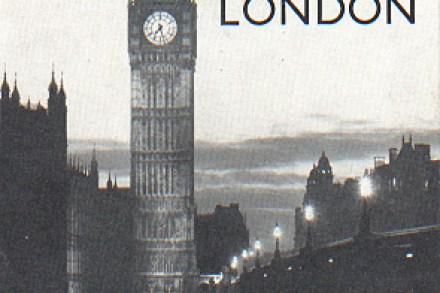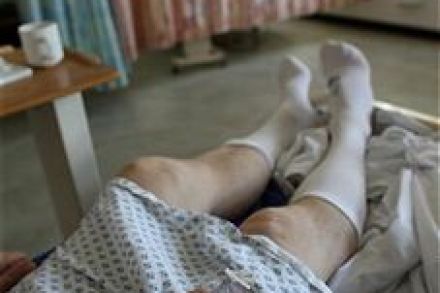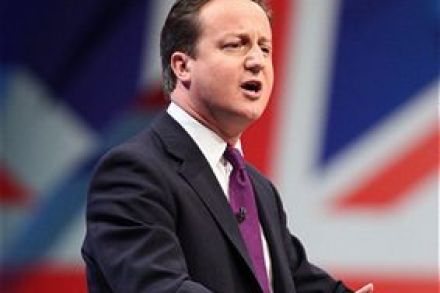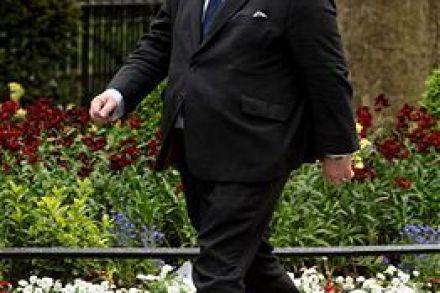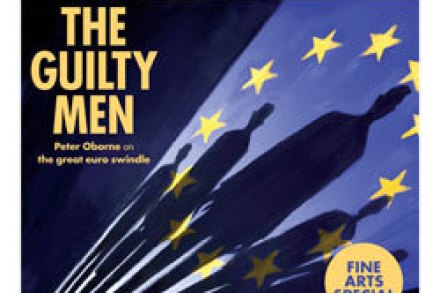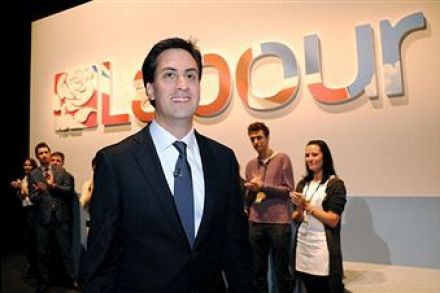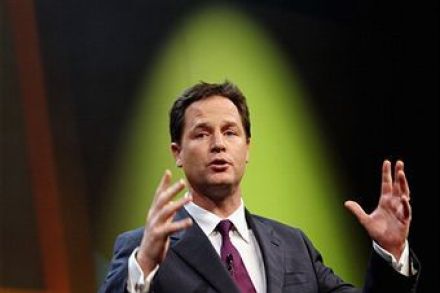Right to reply: How we beat the Beeb
A slight change to the normal rules of engagement for this latest post in our ‘Right to reply’ series. Whereas these posts normally take issue with what your Coffee House baristas have written, this one takes issue with the post by the BBC’s Jon Williams that we put up yesterday. It’s by Al Jazeera’s Ben Rayner: In wars reputations of whole news organizations can be made or broken very quickly. And the spin on the result is almost as important as the reality. Undoubtedly the BBC took a fearful kicking in the press over its coverage of the fall of Tripoli in August. To the British papers, Sky’s Alex Crawford


